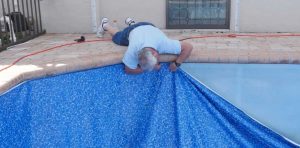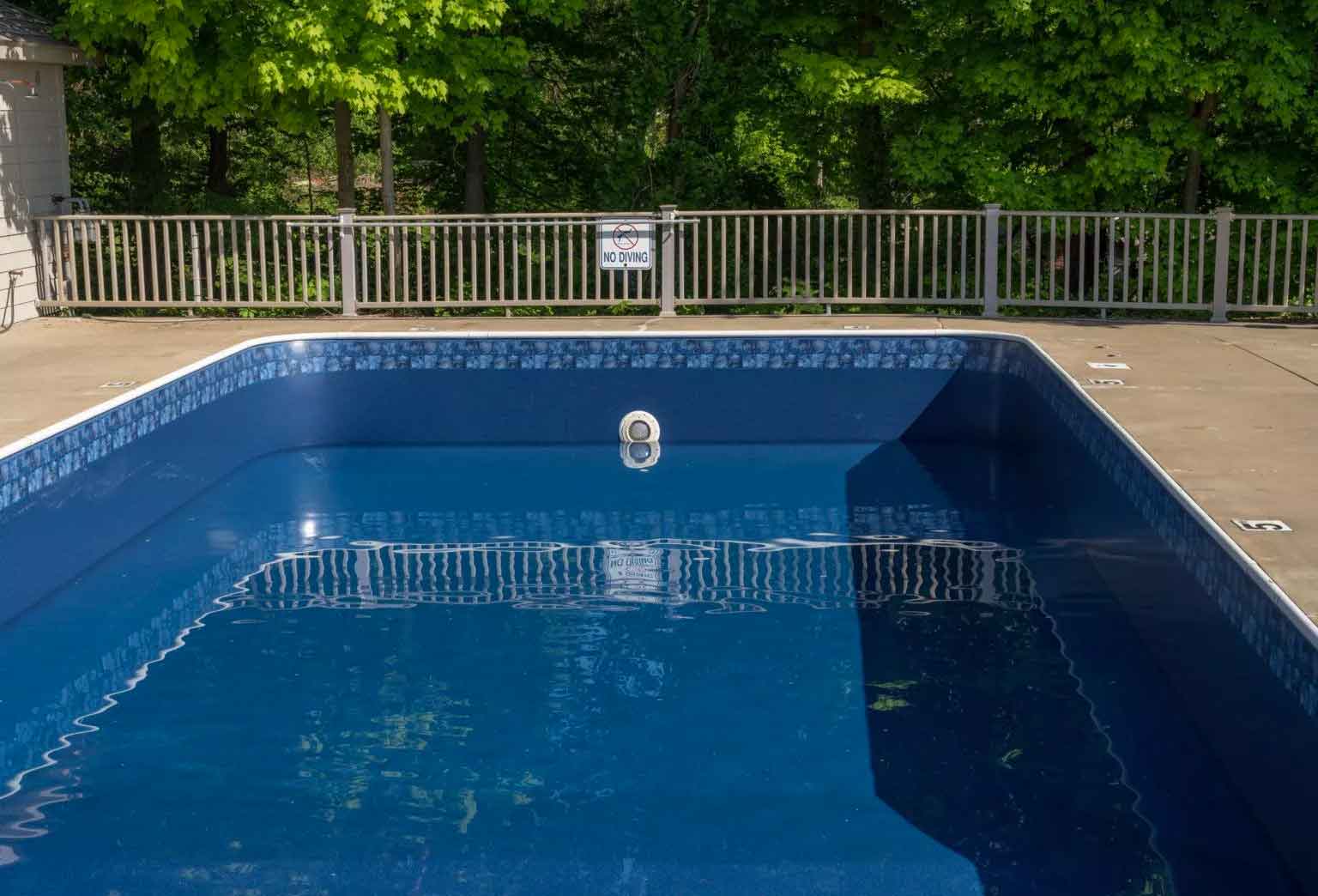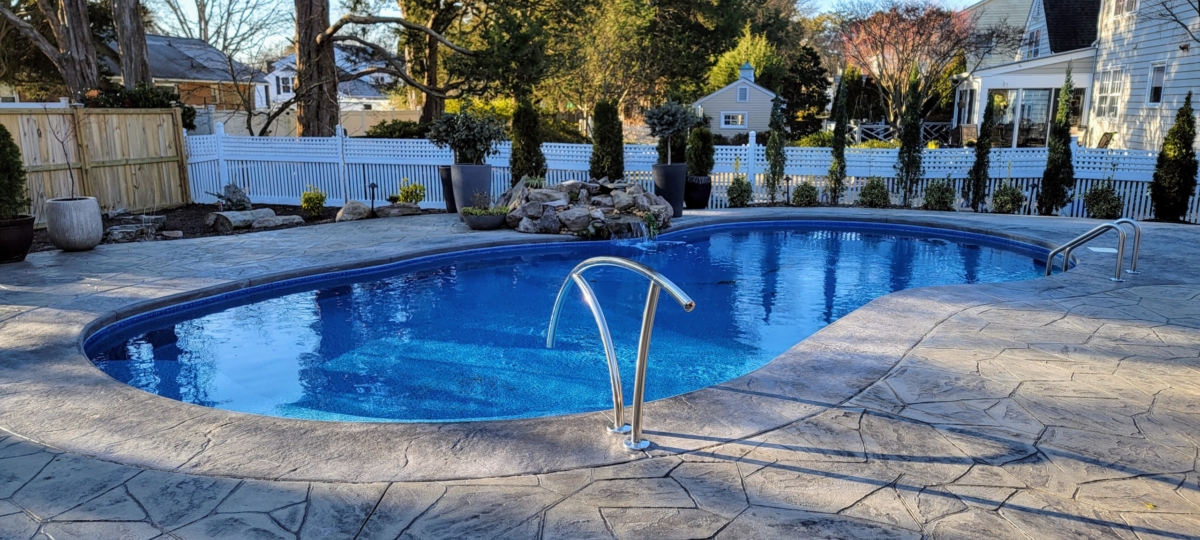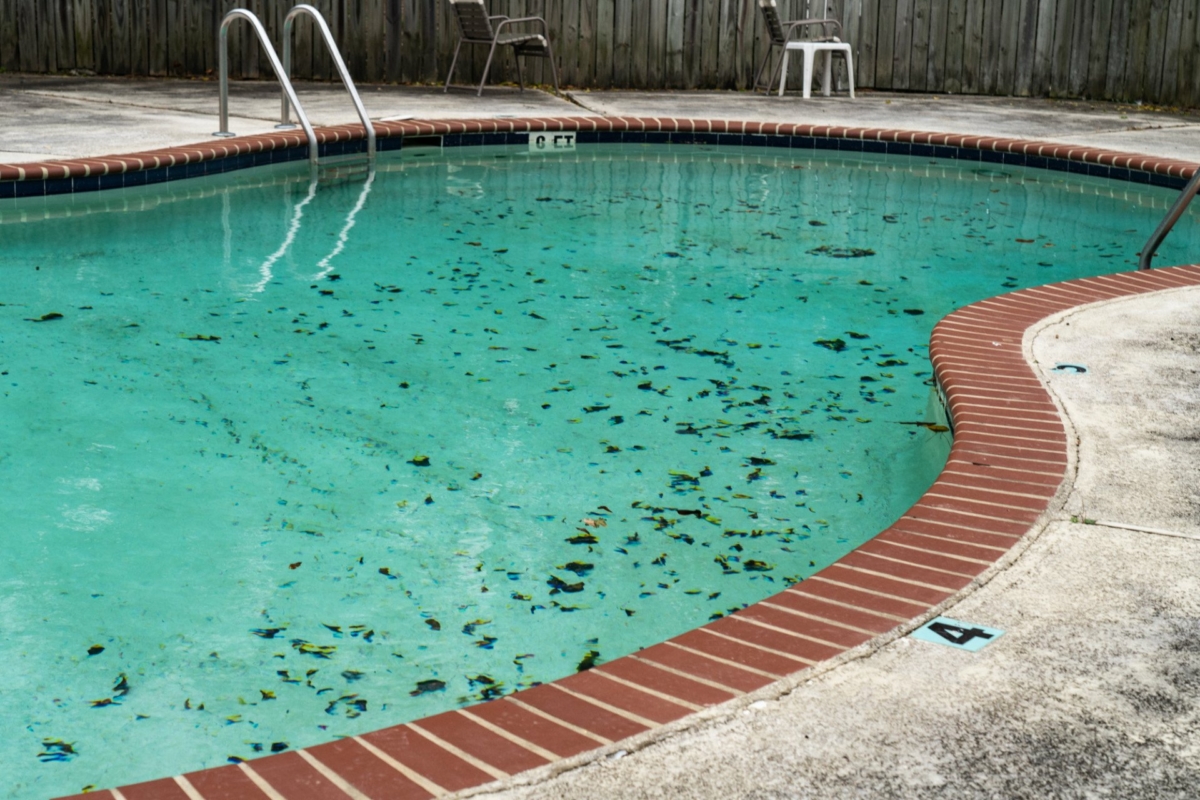Why You Need a Swimming Pool Safety Cover
Nothing compares to the convenience of a backyard pool. It’s a place where loved ones congregate to unwind, have fun, and make enduring memories. However, as much as we love our pools, we also need to put safety and upkeep first. Swimming pool safety covers come into play in this situation. In this post, we’ll go deeply into the world of pool safety covers, learning about their significance, advantages, and how they provide the ideal answer for each pool owner.

The Value of Pool Covers for Safety
Imagine a lovely summer day where the sun is shining brightly and your pool is sparkling warmly. Despite the beauty of the landscape, we must admit that swimming pools can be dangerous, especially for small children and animals. Accidents can occur in a split second, which is why swimming pool safety covers are an essential purchase.
A pool safety cover serves as a strong barrier to prevent unintentional falls into the water. If you have young children or pets nearby, it adds an added degree of security to give you peace of mind. Even if you’re a conscientious pool owner who carefully monitors pool time, having that extra safety precaution is priceless.
The Advantages of Pool Safety Addresses
Safety covers not only protect your loved ones, but they also have a number of other advantages that will have you wondering why you didn’t buy one sooner. Let’s examine these wonderful benefits in more detail:
1. Increased Safety: As was already indicated, installing a pool safety cover is mostly done for reasons of safety. You may significantly lower the chance of mishaps and potential drowning events by locking your pool when it’s not in use.
2. Cleanliness and Maintenance: A pool safety cover serves as a barrier against leaves, debris, and insects in addition to keeping people and pets out. It translates to less time spent cleaning and more time spent relaxing by your pool.
3. Energy Efficient: Were you aware that a safety cover can aid in energy conservation? By covering your pool, you can prevent heat loss and water evaporation, which lowers your energy costs and has a smaller negative impact on the environment.
4. Cost-Effective Outlay: Pool safety covers require an initial outlay, but over time, they are a wise investment. By shielding it from the weather and requiring less frequent maintenance and repairs, they increase the pool’s longevity.
Types of Swimming Pool Safety Covers
After establishing the necessity of pool safety covers, let’s examine the various types that are sold today. You can select the type that best meets your needs by comparing each type’s unique features and advantages:
1. Mesh Safety coverings: These coverings have a tight-knit mesh construction that lets melting snow and rainfall pass through. Anyone unintentionally treading on it will receive tremendous support from the mesh design, which keeps debris out. Mesh coverings are a common option for pool owners since they are strong and require little upkeep.
2. Solid Safety Covers: A solid safety cover is the best option if you want to totally shut off your pool from dirt, sunlight, and moisture. For optimal protection, these covers are often made of vinyl or other sturdy materials. They also aid in the retention of heat and chemicals, which furthers the preservation of pool water.
3. Automatic Safety Covers: If convenience is important to you, think about getting one. You can easily cover or uncover your pool with the simple click of a button. These motor-driven lids can be controlled by a key switch or remote. Despite being the most expensive option, they are the easiest to use and most effective.
Upkeep and Maintenance
It’s crucial to maintain and care for your swimming pool safety cover properly if you want to make sure it lasts for a long time. Observe the following advice:
1. Regular Cleaning: Remove dirt and debris from your safety cover on a regular basis. Use a pool cover pump to remove any extra water that may have accumulated.
2. Inspections: Check your safety cover on a regular basis for any symptoms of wear and damage. Any problems should be resolved right away to avoid future harm.
3. Appropriate Storage: When not in use, a safety cover should be properly stored if you’re using one during the swimming season. To protect it from damage from rain and sunlight, neatly fold it and store it somewhere cool and dry.
Finding the Best Swimming Pool Safety Cover
There are a few important things to think about while choosing a pool safety cover:
1. Size and Shape: Make sure the cover tightly fits your pool. For a custom-made cover, carefully measure the dimensions of your pool or seek professional assistance.
2. Safety Standards: Look for safety coverings that go by the rules and regulations set forth by the industry. Look for elements like sturdy straps and anchors that can hold a lot of weight.
3. Warranty and Reviews: Check the manufacturer’s warranty and read user reviews. In the event of any flaws or problems, a dependable warranty offers peace of mind.
Get Started Today

Safety covers for swimming pools are a necessary addition for each pool owner. They improve energy efficiency and ease maintenance, in addition to safeguarding your loved ones. Finding the perfect safety cover for your pool is now simpler than ever thanks to the variety of options available. Why wait? Spend money on a high-quality swimming pool safety cover today so you can relax by the pool with your loved ones without worrying.
To learn more about our extensive selection of high-quality swimming pool safety covers and to take the first step toward a safer and cleaner pool environment, get in touch with Fox Pools today. We are here to assist you in providing the greatest protection for your loved ones.














